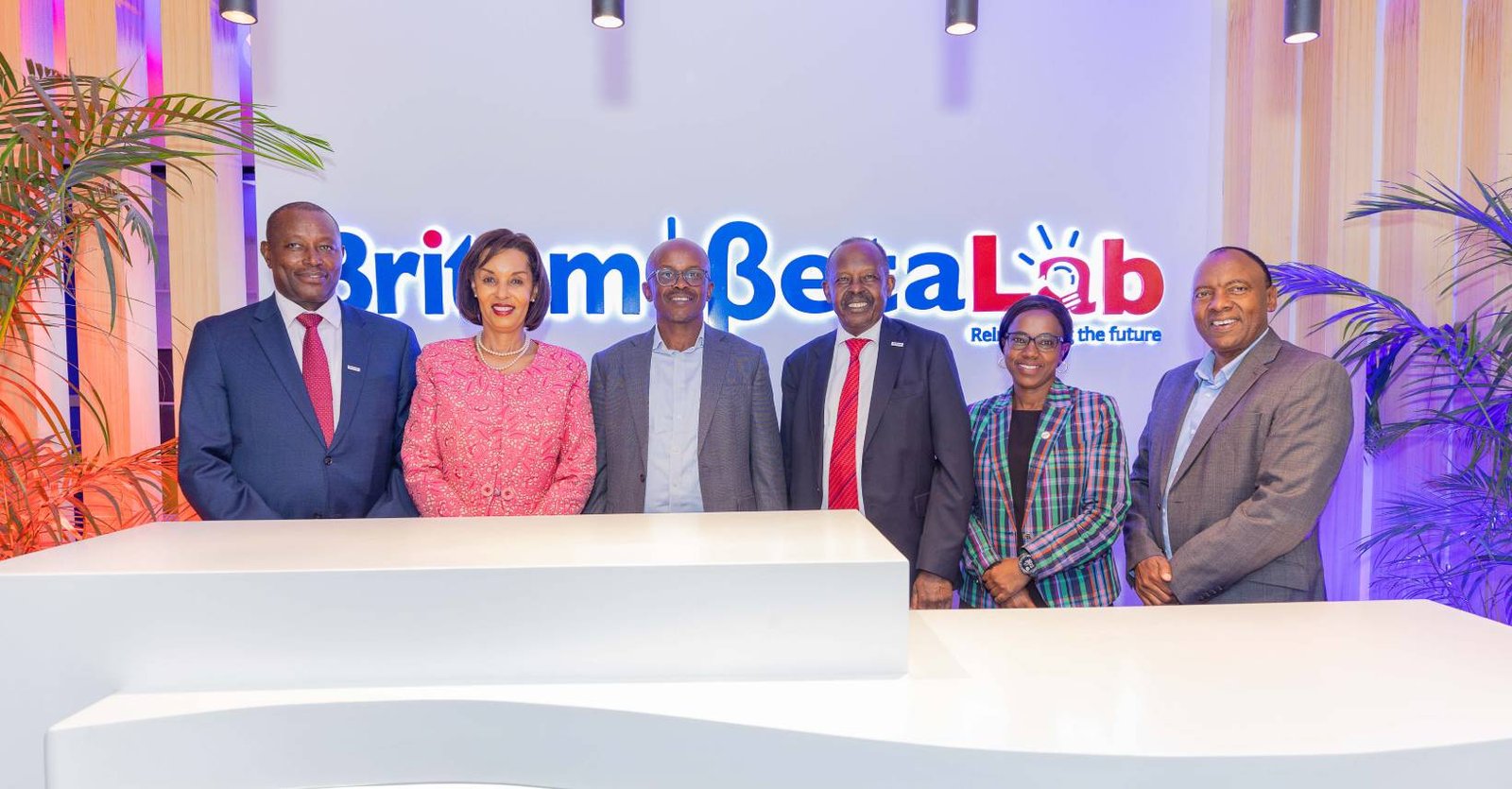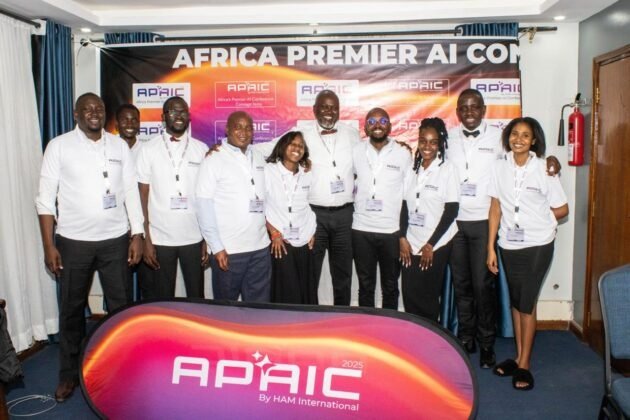Kenya has taken a significant step forward in climate adaptation as 42 counties have been allocated Sh6.97 billion from the National Treasury to implement locally-driven climate projects.
This funding comes as the second tranche of County Climate Resilience Investment (CCRI) grants under the Financing Locally-Led Climate Action (FLLoCA) program, a collaborative initiative supported by the Government of Kenya, the World Bank, and the governments of Germany, Sweden, Denmark, and the Netherlands.
John Mbadi, Cabinet Secretary for National Treasury & Economic Planning, emphasized the importance of channeling resources directly to counties: “By empowering local governments, we are strengthening institutions, accelerating adaptation, and ensuring that climate action delivers real benefits to those most at risk.”
The CCRI grants are designed to enable counties to operationalize their County Climate Change Action Plans (CCCAPs) and roll out priority projects that address pressing local climate risks, such as prolonged droughts, floods, and unpredictable weather patterns. Projects funded under the program range from the construction of water harvesting and storage facilities, reforestation and landscape restoration, sustainable agriculture initiatives, to the development of early warning systems and improved infrastructure for disaster response.
The funding is performance-based, meaning counties must meet specific criteria and demonstrate readiness and accountability to access the grants. Counties must undertake annual performance assessments and show measurable progress in implementing climate action. This ensures that resources are used efficiently and that projects deliver tangible impacts for the local population.
To date, the FLLoCA program has extended its reach to 1,137 wards, covering 78.4 percent of its overall target of 1,450 wards. The approach is grounded in participatory climate risk assessments, enabling community members to identify their unique risks and propose tailored solutions. This inclusive planning process ensures that climate action is locally owned and addresses the specific needs of vulnerable groups, including women, youth, and pastoralist communities
Chris Kiptoo, Principal Secretary at the National Treasury, added that the annual performance assessments are fundamental in maintaining accountability and local ownership: “This process enables counties to lead climate initiatives that reflect the voices and priorities of their communities.”
The FLLoCA program is part of a broader effort to enhance Kenya’s climate resilience and achieve its commitments under the Paris Agreement. International partners have provided both financial and technical support, helping to build institutional capacity and foster knowledge exchange. Moving forward, the government aims to expand the program to all 47 counties, further strengthening grassroots resilience to climate change.
In summary, the Sh6.97 billion disbursement not only marks a major investment in Kenya’s climate future but also highlights the value of devolved, community-led action in addressing global environmental challenges.



